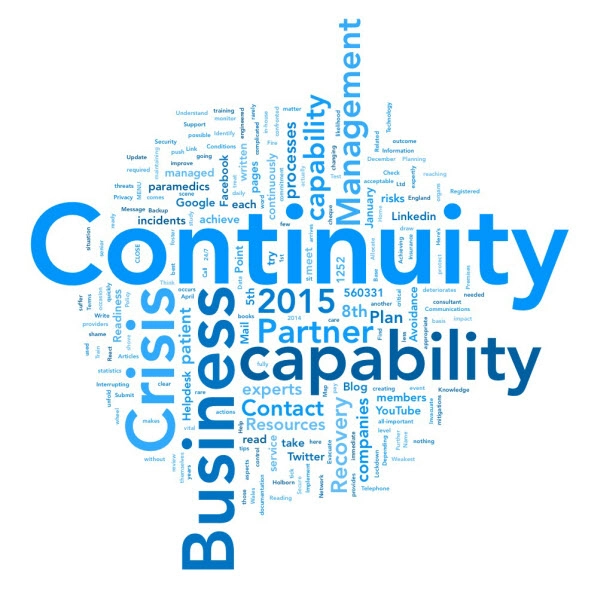Publised On:May 04, 2020

The Autumn of 2019 brought many hopes for business world. 2020 was seen as a year of progress by many. Brexit issue was finally going to be put aside and businesses around EU (particularly UK) could now get back to their forecasting sheets, planning for smooth and stable growth throughout the year ahead.
Though likes of Bill Gates and Barak Obama were warning of a global pandemic earlier in the decade, no one saw it coming with its full might on a global scale. Covid-19 has taken its full toll on all, multinational corporates to SMEs, everyone has been hit hard by it. Oil prices have plunged but there is no buying power left.
The bubble we live in has proven to be very fragile so very often in the recent history that it is hard to forget about and not plan for it. Yet, most of the business did not even have a business continuity plan in place, let alone practicing and keeping it up to date. While situation is getting worst, business continuity professionals might see themselves getting busier over the coming months as business continuity is the new agile for now (in terms of global popularity).
Drastic situation called for drastic measures, in other words businesses needed to either have business continuity by being agile or leave the race track. The businesses who have survived the fragile situation have done so by being agile (e.g: work from home) temporarily but it appears the agility will be needed as a “must have” rather than “could have” in the coming months, if not years.
The marriage of Agile and Business Continuity is actually the need of the hour. (Fr)Agile world needs to have business continuity to keep the kitchen running while business continuity needs to be agile to support and bring resilience to financially struggling businesses.
Business continuity planning and implementation is going to be a priority, for near future, for business that are going to survive. However, there is a need for bringing agile mindset and practices in the planning and implementation of BC programmes. For instance, the agile practices of MoSCoW and Timeboxing are highly recommended in design and implementation phases of the business continuity programmes while MoSCoW technique should also be useful within incident response and disaster recovery plans. Together these two essentials would bring much needed resilience and flexibility that todays’ businesses need.
Title: Business Continuity Management Certificate (BCMC)
Duration: 2 Days
Virtual Courses From: £1995
Classroom Courses From: £2995
Quick Links
Popular Courses
Latest News and Blog
Tecknologia is thrilled to announce our APMG International accreditation for delivering top-notch Artificial Intelligence (AI) Practitioner certification courses.
Agile Project Management (AgilePM®) is the world’s first and the best framework for managing projects using agile tools, techniques and practices. Recently released v3 of AgilePM has Scrum at the core of it, providing the unbeatable combination. &
APMG International Change Management, AgilePM®,AgilePgM® and AgileBA®, AgilePM for Scrum, ABC Scrum Master, ABC Product Owner and the associated Swirl Device logos are all trademarks of the APM Group limited, used under permission of the APM Group Limited. All rights reserved. APMG is the owner of the Accredited Consulting Organisation and Registered Consultant scheme. ITIL®, P3O®, MoP®, M_o_R®, MoV®, PRINCE2®, PRINCE2 Agile® and MSP® are registered trade marks of AXELOS Limited, used under permission of AXELOS Limited. All rights reserved. The Swirl logo™ is a trade mark of AXELOS Limited, used under permission of AXELOS Limited. All rights reserved.
Copyright ©
2026 All Rights Reserved.